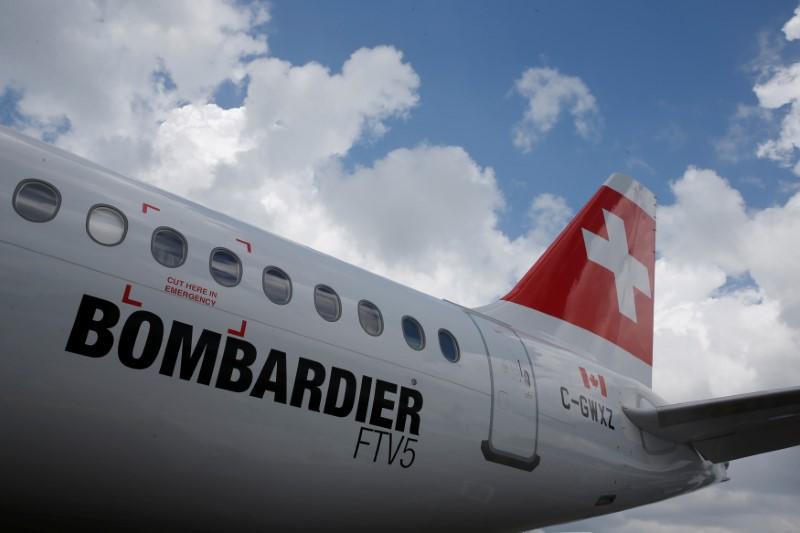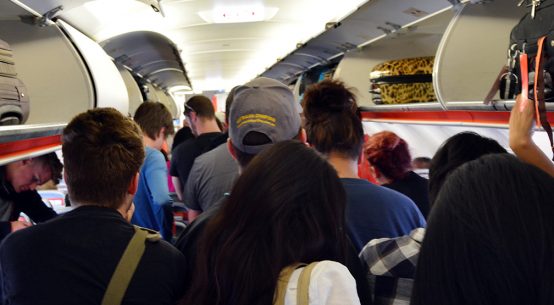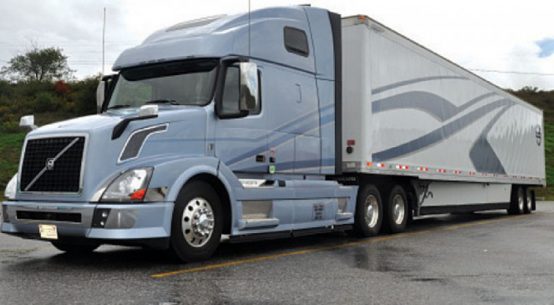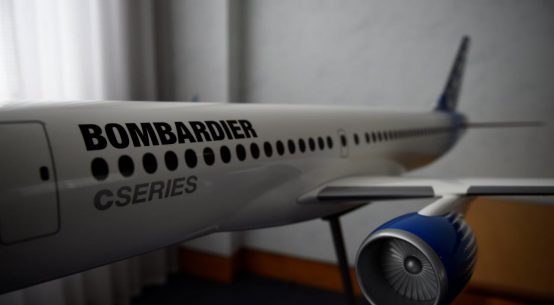FILE PHOTO: A Bombardier C-Series aircraft is displayed at the Singapore Airshow at Changi Exhibition Center February 18, 2016. REUTERS/Edgar Su/File Photo
But Boeing is the real loser from the decision
A year ago Dennis Muilenburg, the chief executive of Boeing, the American aerospace giant, had a problem. Tweets written by Donald Trump, America’s newly elected president, were hitting Boeing’s share price. Initially buoyed by Mr Trump’s promise of extra spending on defence, the firm’s share price fell in December 2016 when he suggested in a tweet that an order for new presidential planes worth $4bn should be cancelled. After the president-elect picked a fight with Lockheed Martin, a rival planemaker, Boeing’s executives were left in fear of being the next target.
Imagine your Ad placed here
And so, it seemed, Mr Muilenburg came up with a plan. Boeing would snuggle up to Mr Trump’s “America First” agenda to avoid the flack. Boeing started to stress in its press releases how many American jobs it was creating; it asked the president to unveil the first 787-10 jet produced in February. In April it filed a trade case against Bombardier, alleging that its Canadian rival had received unfair subsidies from Britain and Canada for the development of its new C-Series jetliners.
When it comes to state handouts in the plane making business no one is a saint, not least Bombardier. But as Gulliver pointed out in September, Boeing’s accusations against Bombardier smacked of hypocrisy, as the American company has itself received billions of dollars of state assistance, from generous military contracts placed by the federal government to $8.7bn in handouts from the Washington state government. And it has not made planes the size of those Bombardier wants to export to America since 2006. Pursuing the case would alienate Boeing’s international customers and would do it more bad than good, Gulliver warned:
Canada has also threatened to cancel a likely $5bn order of military jets from Boeing if the American company prevails against Bombardier; Britain could follow its lead. Several airlines, fearing less competition among planemakers, are unhappy with Boeing’s behaviour and privately threaten to shun its jets if it continues to bully its smaller rival. This may be the trade case that ends up costing Boeing much more than it has to gain.
That is exactly what has happened. Even though America’s Department of Commerce ruled in Boeing’s favour on December 20th—setting tariffs of 292% on imports of the C-Series from Canada—it is a Pyrrhic victory. In October Bombardier gave away half the C-Series for free to Boeing’s arch-rival Airbus, weakening the American firm’s position in the market for smaller jetliners considerably.
Then, in early December Canada announced that it was not going to proceed with an order for 18 Super Hornet fighter jets made by Boeing, costing the firm up to $6bn in revenue. A week later, on December 13th, it received another slap in the face, this time from Delta, America’s second-biggest airline, which shunned Boeing’s 737 MAX aircraft in favour of buying 200 jets from Airbus, its arch-rival from Europe, worth around $25bn at list prices.
Although that decision could have been made simply on price, bosses from other airlines have told Gulliver that they plan to favour Airbus’s jets until Boeing stops “bullying” Bombardier. They suspect Boeing is attacking Bombardier to protect its market power.
Airlines and flyers realise that they benefit from more competition in the market for jetliners, as it increases innovation and lowers the cost of buying aircraft. Aviation executives think that Boeing is attempting to destroy the competition with trade cases against both Bombardier and Airbus. But worst of all, in the process of pursuing these, the American firm is hurting its own shareholders and employees by alienating its international customers.
Follow us on TWITTER for more Logistics News Follow us on FACEBOOK for more Logistics News
Boeing predicts that around 80% of orders for civil jetliners over the next twenty years will be from outside America. But they won’t stick around to buy from Boeing if it continues to follow a nationalist agenda. As Adam Pilarski, the former chief economist of McDonnell-Douglas (now part of Boeing) astutely notes, if the global plane making giant wants to “act like a little whiny American company”, it will lose out as a result. In an industry as international as aerospace, trading long-term market share abroad in favour of short-term political gain at home may not turn out to be the best strategy.











